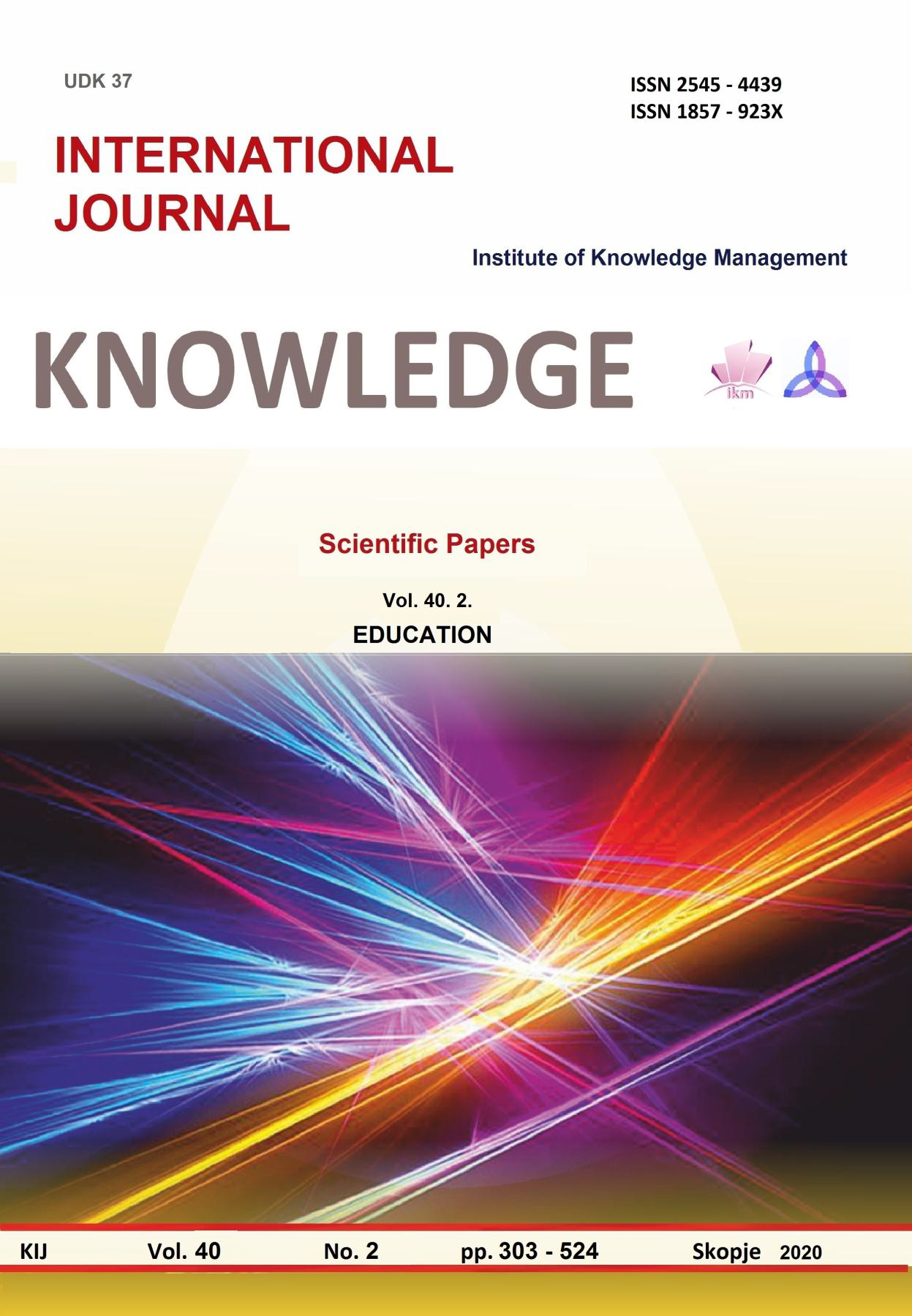MAPPING OF SOCIAL SERVICES AS EDUCATIONAL RESOURCE
MAPPING OF SOCIAL SERVICES AS EDUCATIONAL RESOURCE
Author(s): Dinka Caha, Toni PranićSubject(s): Education
Published by: Scientific Institute of Management and Knowledge
Keywords: mapping; active learning; educational challenges; civil society services
Summary/Abstract: This paper considers guidelines for selecting teaching methods and activities in social work education. Changing economic and social conditions create contemporary challenges for different actors, from state governments to community residents. These increasing challenges raise educational expectations to foster competent and engaged professionals that are responsible to specific clients‘ needs and capacities, who plan and organize appropriate intervention that are responsive to local challenges and have generic and transversal skills. Additionally, for social work education this contemporary educational requirements need to be considered within its professions interdisciplinary and ecological perspective, so students are thought to respond to clients‘ needs on individual, local and global level. To nourish this educational pillar, contemporary social work curriculums often integrate active learning, extensive hours of field education and service-learning programs. These perspectives are important to retain during whole higher education. In this paper we explore benefits of implementing active learning during early years of social work education as a powerful way of learning. First step during this process was to select activities that support both local community development and specific educational outcomes. State-of-the art insight on local resources and service providers was identified as important prerequisite to deliver responsible social services and plan further community development. Assessment of current local services and activities is important for planning effective programs for all residents and mobilizing local government. Since city of Osijek lacks data and organizational capacities to systematically monitor local services, the content of first year field education was to map out these services. In this paper we present outcomes of active learning through mapping of social services. The mapping project included observation, analyses of secondary data and interviews with civil society representatives, all of which required prolonged student involvement, high level of activity and constant adaptation. Multiple methods provided better insight on services and activities of civil society organizations in Osijek and facilitated experiential learning. To answer our research questions, we conducted group interviews with students after which we differentiated learning outcomes related to communication within the classrooms, communication with social work professionals, understanding of their future professional field and accessibility of services provided through civil society organizations. Practicing various generic and transversal skills produced range of different experiences but similar learning outcomes. Results confirmed our expectations and benefits of this type of activities for student professional and personal development
Journal: Knowledge - International Journal
- Issue Year: 40/2020
- Issue No: 2
- Page Range: 343 - 347
- Page Count: 5
- Language: English

